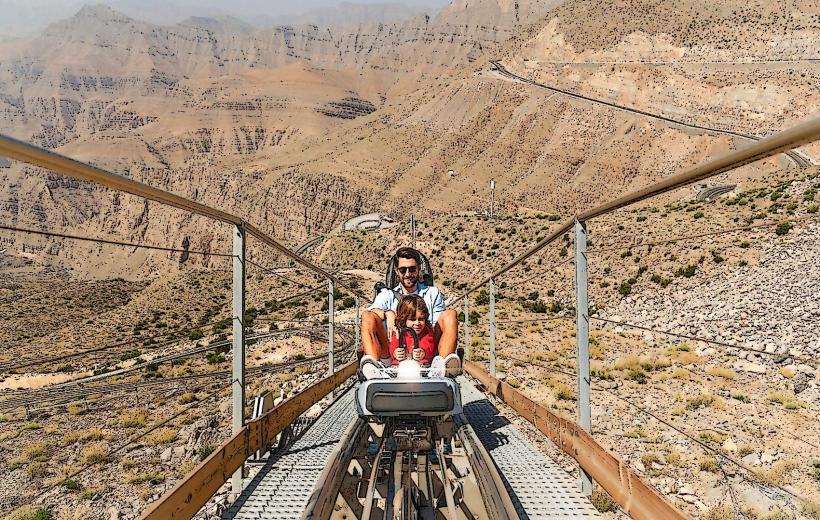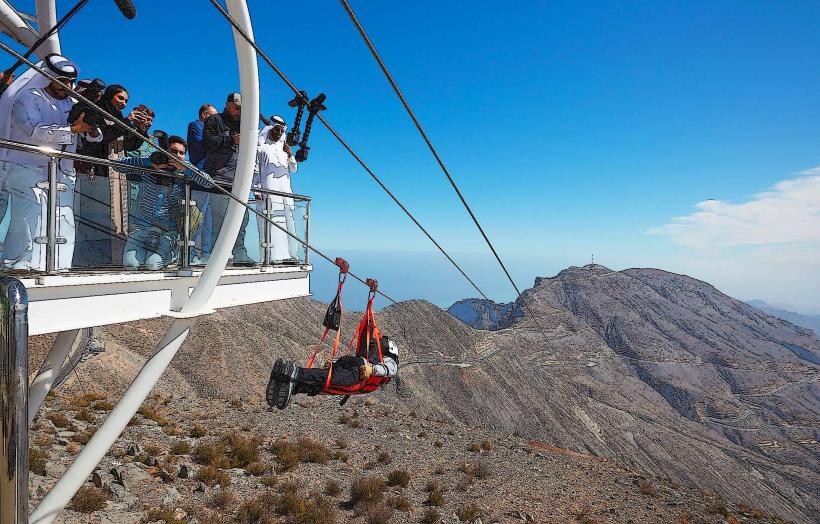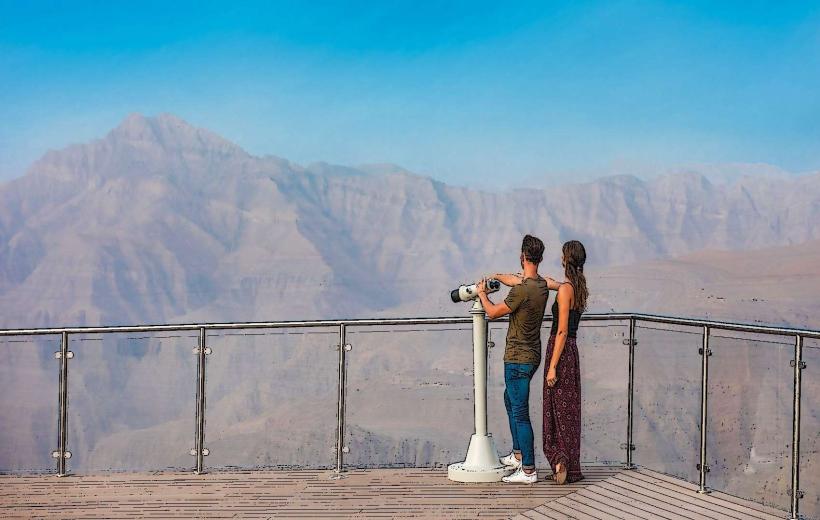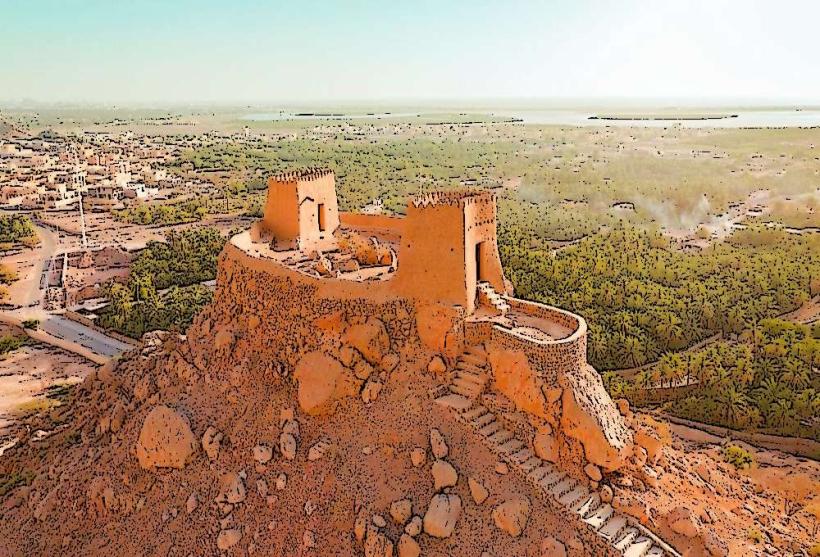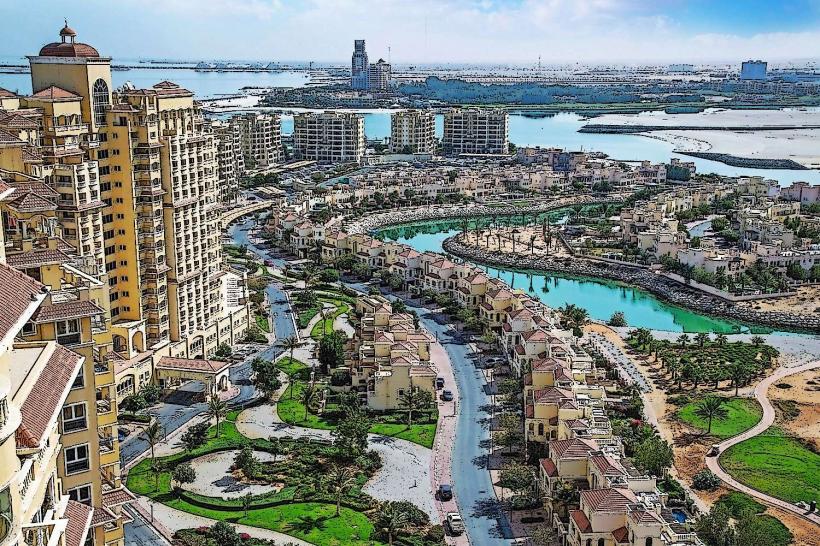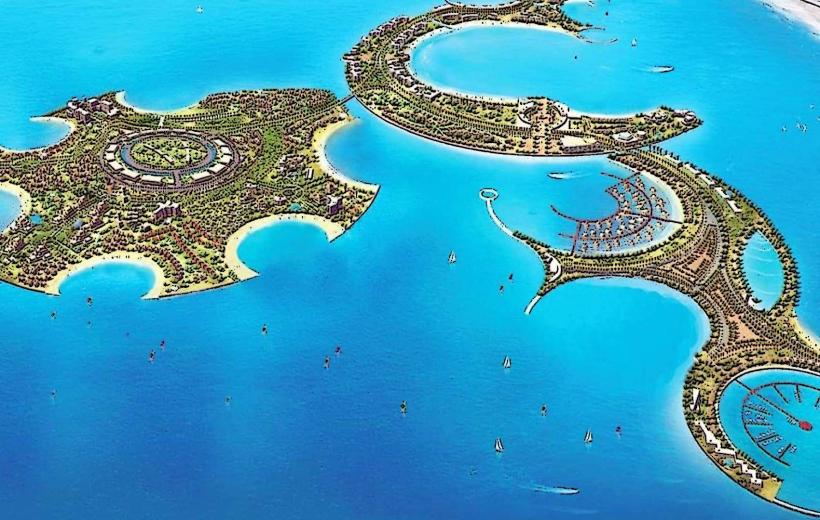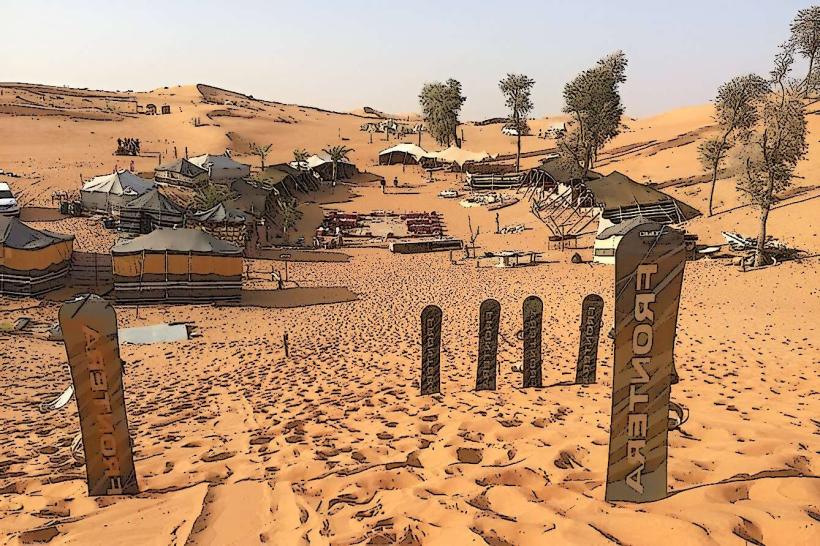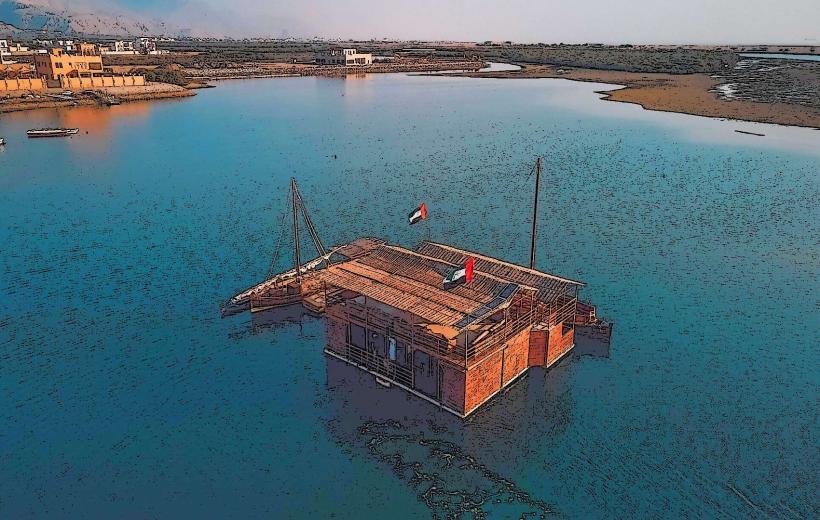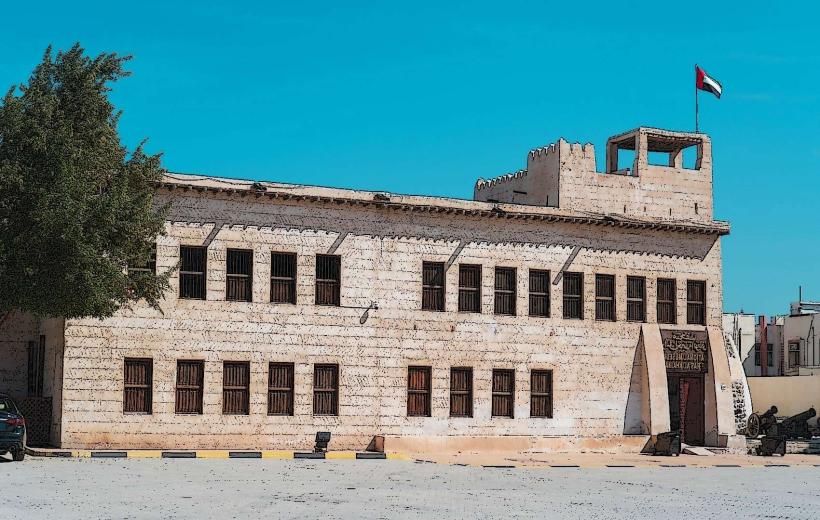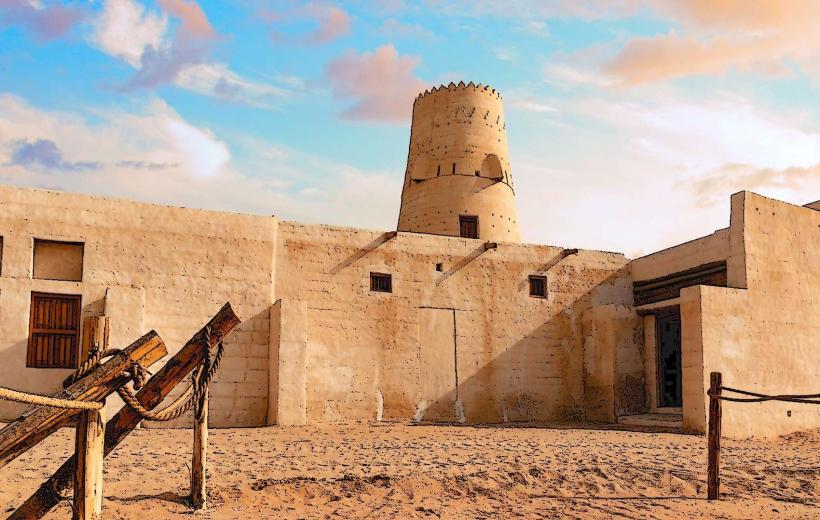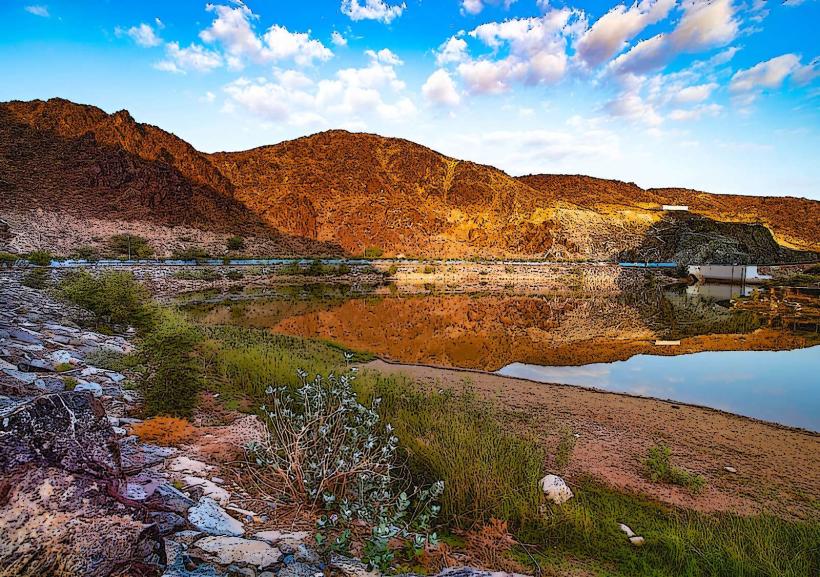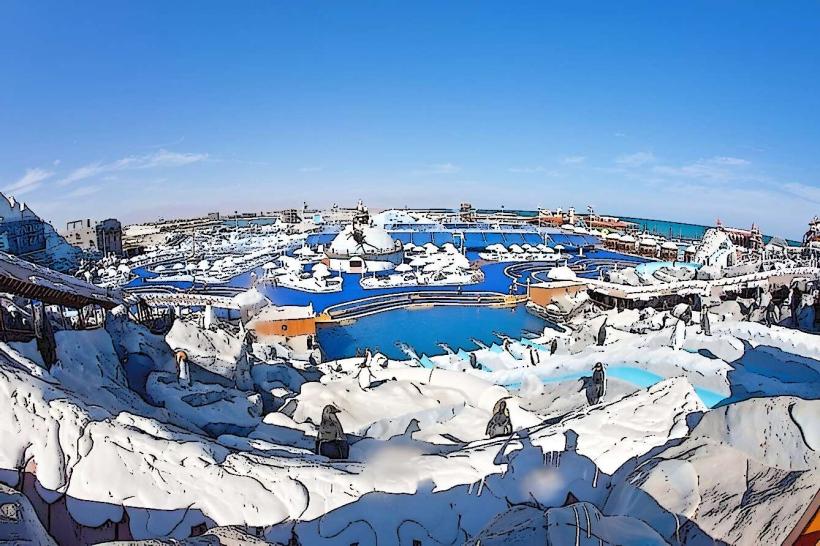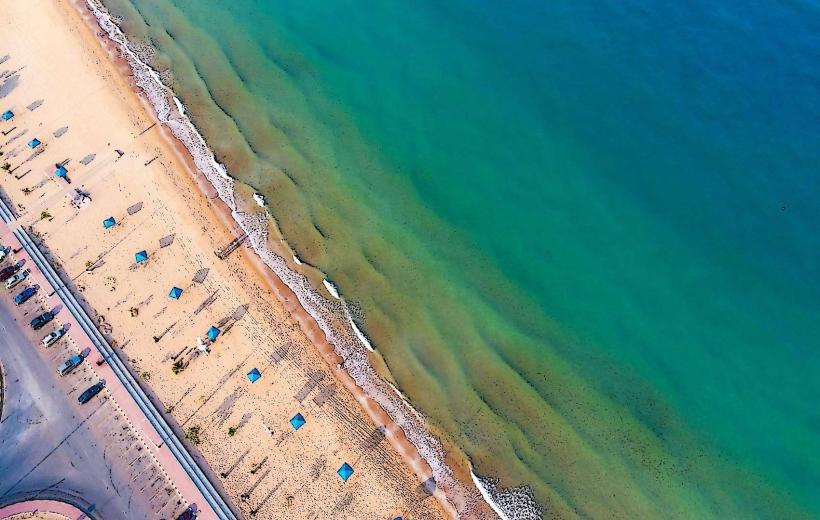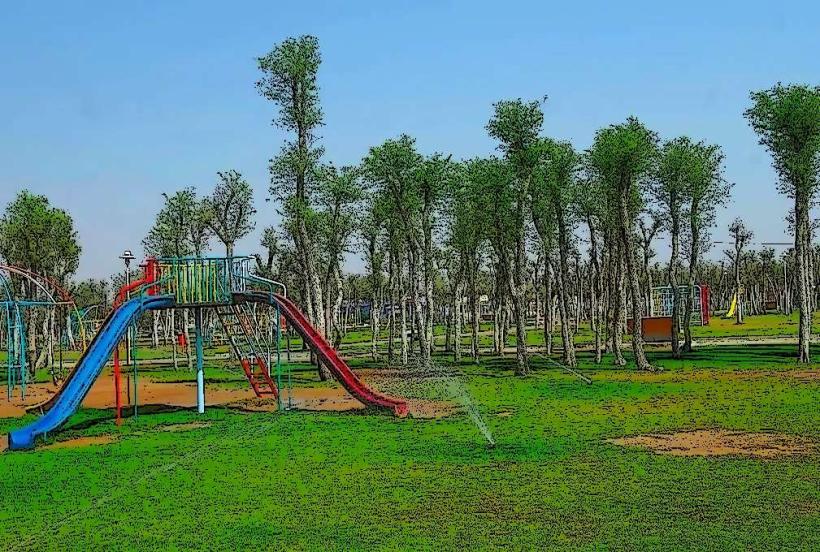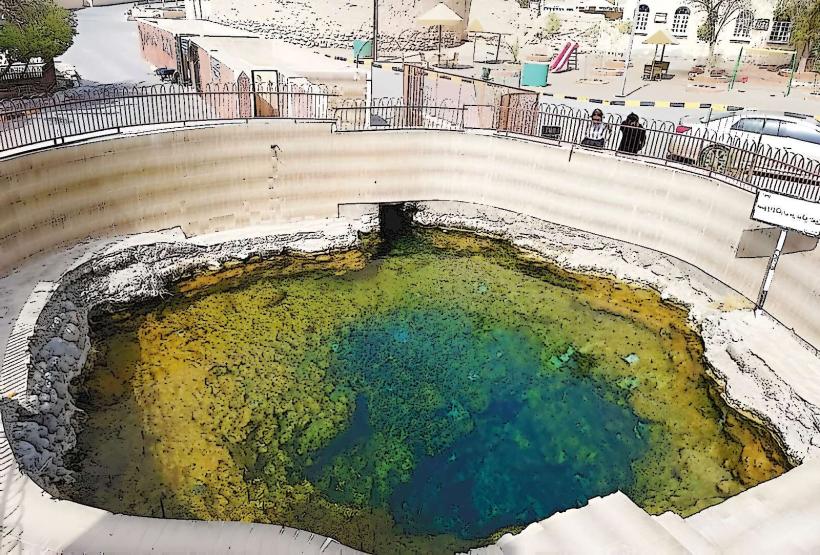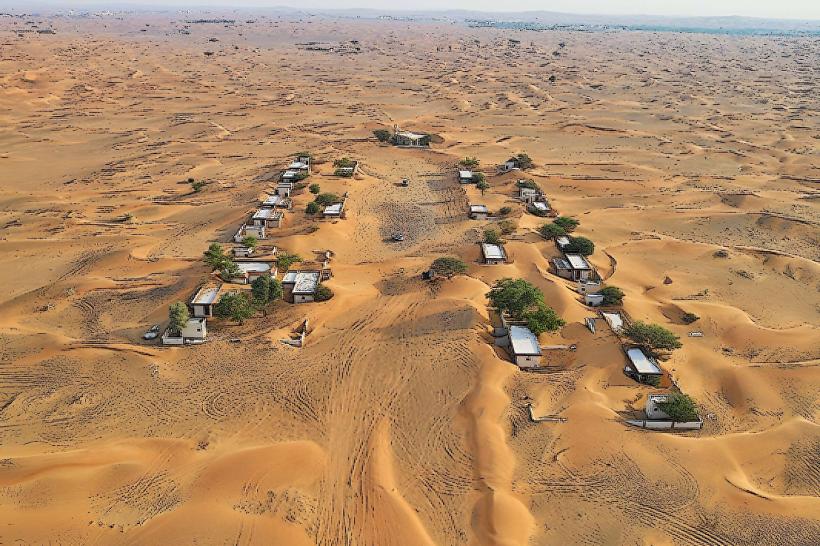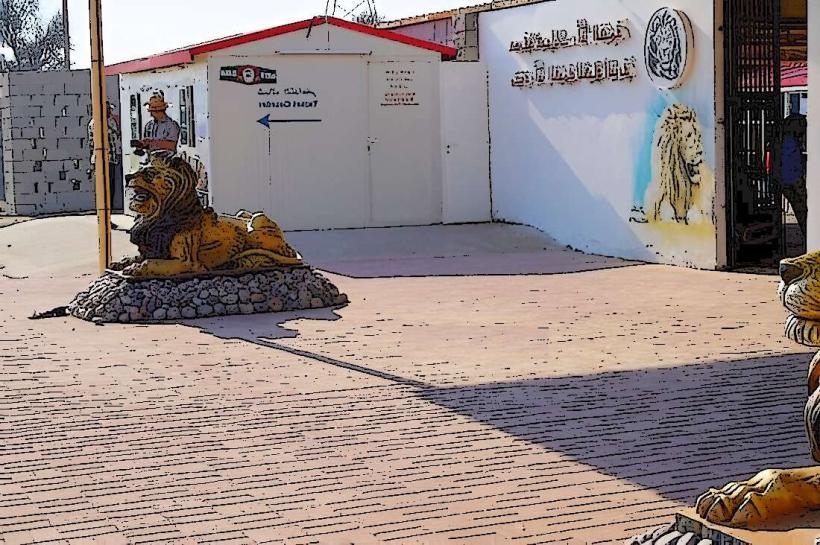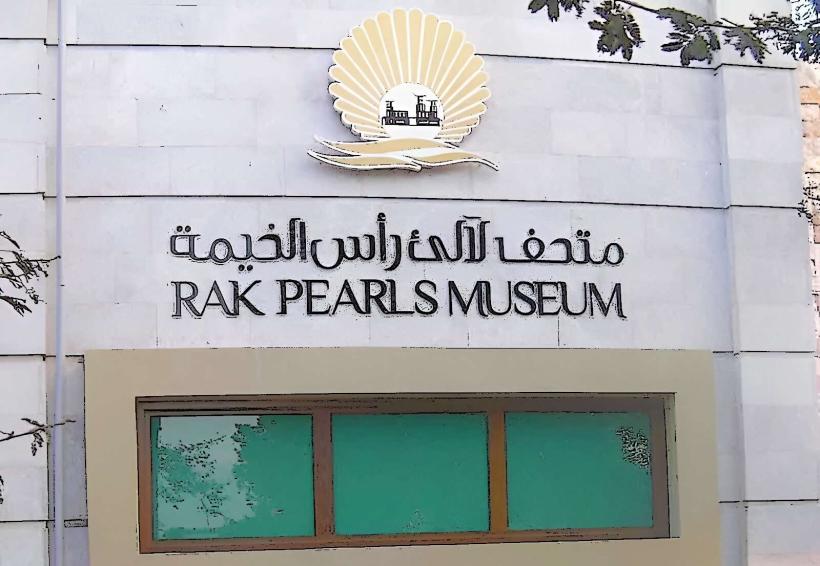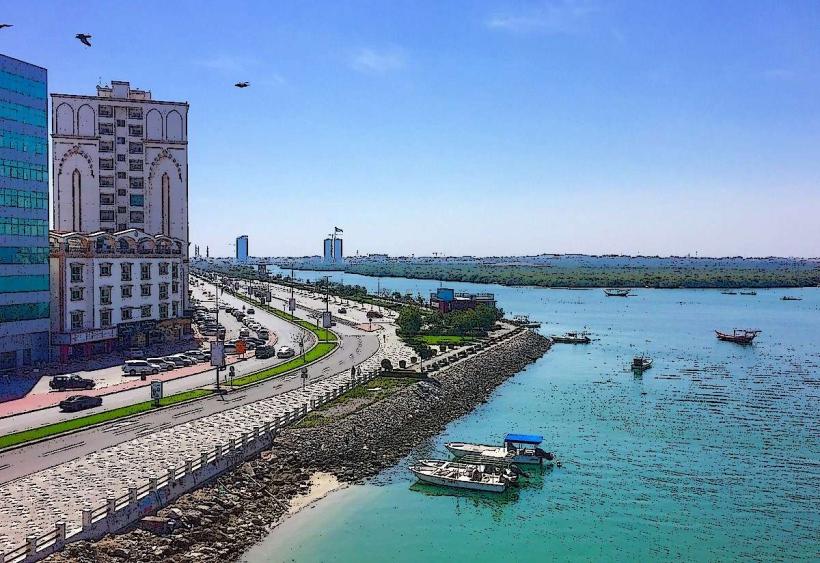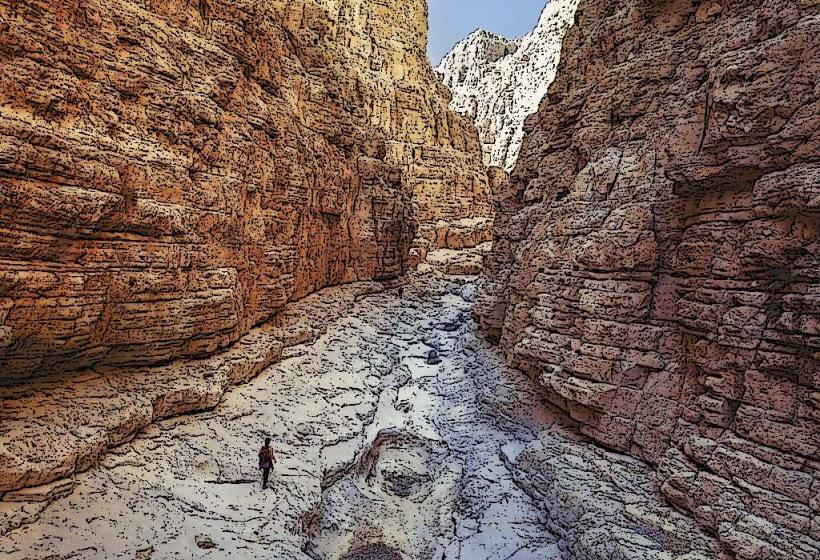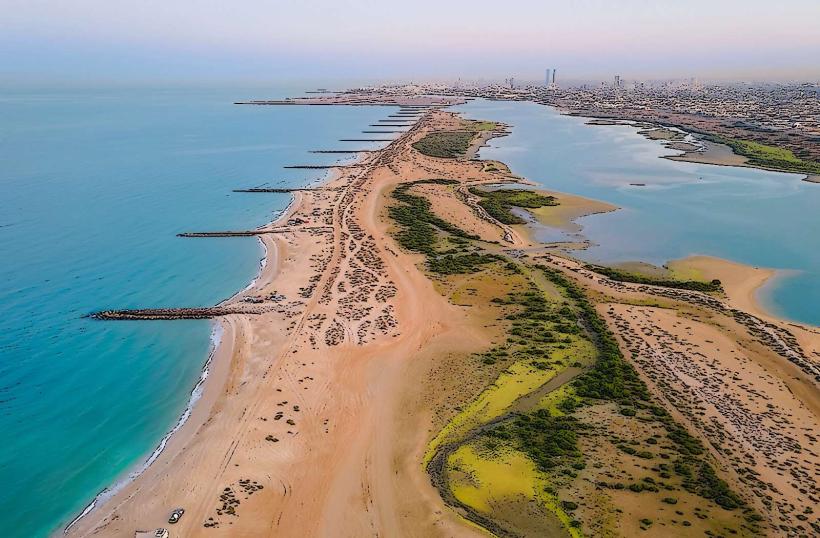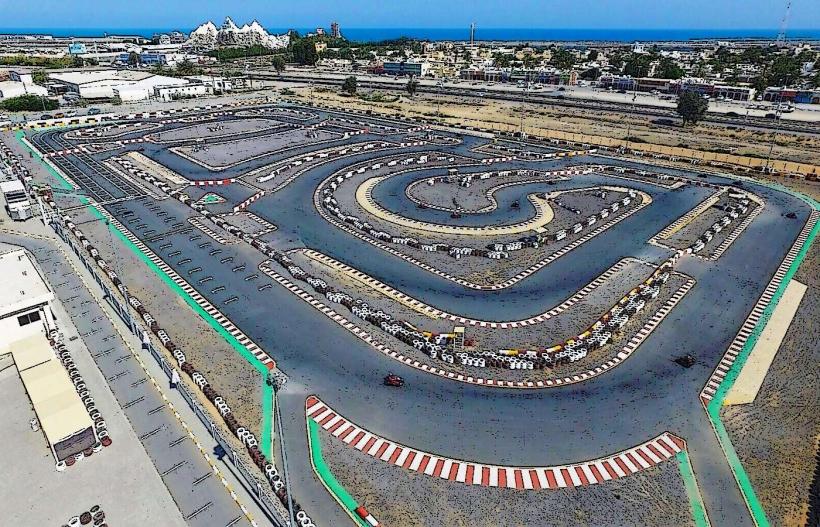Information
Landmark: Shimal Archaeological SiteCity: Ras Al Khaimah
Country: United Arab Emirates
Continent: Asia
Shimal Archaeological Site, Ras Al Khaimah, United Arab Emirates, Asia
The Shimal Archaeological Site is an extensive prehistoric settlement located in the northern part of Ras Al Khaimah, United Arab Emirates.
This site contains evidence of human habitation dating back to the Umm Al Nar and Wadi Suq periods.
Visual Characteristics
The site comprises numerous burial mounds, varying in size and construction. These mounds are primarily composed of local stone, often arranged in circular or rectangular patterns. The surrounding landscape is arid, characterized by gravel plains and sparse desert vegetation. Excavated areas reveal foundations of ancient structures and pottery fragments.
Location & Access Logistics
Shimal is situated approximately 15 kilometers north of the city center of Ras Al Khaimah. Access is via Sheikh Mohammed Bin Zayed Road (E311), then turning onto Al Rams Road (E11). The site is accessible by private vehicle. Parking is available on unpaved areas adjacent to the main excavation zones. Public transport options to Shimal are limited; bus routes do not directly serve the site.
Historical & Ecological Origin
The earliest evidence of settlement at Shimal dates to the Umm Al Nar period (2700-2000 BCE), with significant occupation during the Wadi Suq period (2000-1300 BCE). The site served as a substantial settlement and burial ground for these ancient cultures. The landscape is a typical example of the coastal gravel plains of the Arabian Peninsula.
Key Highlights & Activities
Exploration of the numerous burial mounds, including the large Umm Al Nar tomb. Observation of excavated settlement remains. Walking the perimeter of the site to understand its scale. Photography of the archaeological features and surrounding desert environment.
Infrastructure & Amenities
There are no permanent restroom facilities or shade structures at the Shimal Archaeological Site. Food vendors are not present on-site. Cell phone signal (4G/5G) is generally available but can be intermittent in certain areas.
Best Time to Visit
The optimal time for visiting is during the cooler months, from October to April. Mid-morning (9:00 AM - 11:00 AM) and late afternoon (3:00 PM - 5:00 PM) offer the most favorable lighting conditions for photography and reduce direct sun exposure. There are no tidal considerations for this inland site.
Facts & Legends
One of the most significant discoveries at Shimal is a large, circular Umm Al Nar tomb, which contained multiple burials and grave goods, indicating a stratified society. Local folklore does not extensively document specific legends tied to this particular archaeological zone.
Nearby Landmarks
- Dhayah Fort (2.5km Northwest)
- Al Rams (6km North)
- Ras Al Khaimah National Museum (14km Southwest)
- Khatt Springs (18km Southeast)

